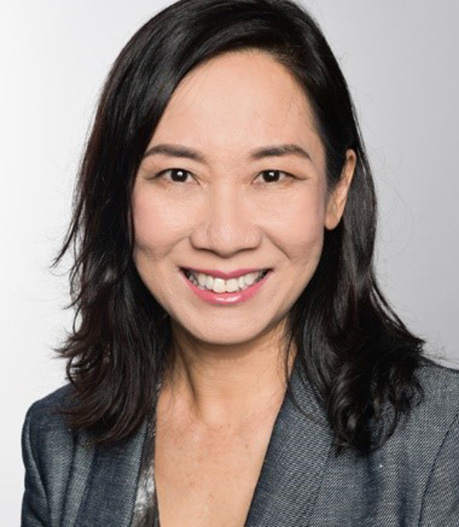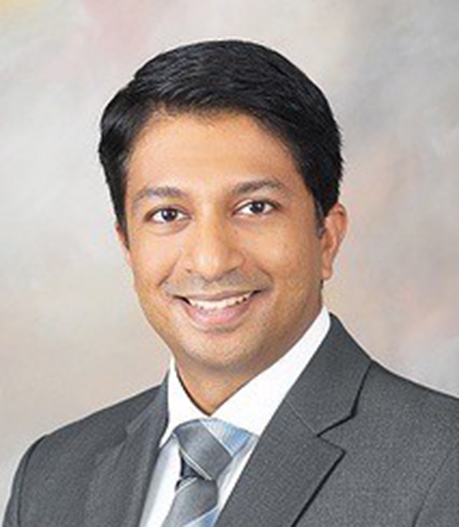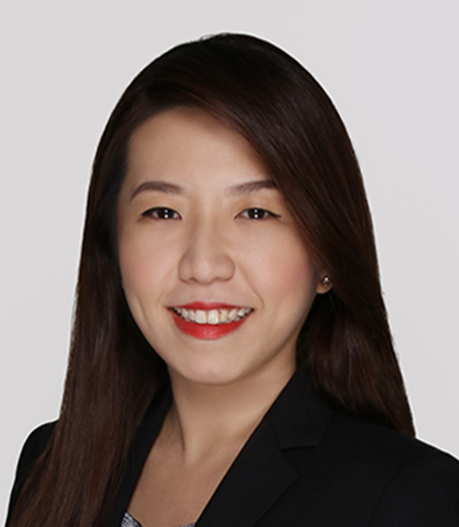Ecosperity Conversations
Sustainable Districts for a Sustainable City
Adapting to disruptions caused by climate, social and technological change requires a fresh approach to urban planning and urban innovation. There are many opportunities to improve the liveability, sustainability and resiliency of our cities through the way we plan our urban environment, and many strategies have been studied and deployed to optimise urban systems and solutions. However, implementing these solutions within existing townships and sites can be challenging for numerous reasons.
Join our live webinar on 24 June 2020 (Wednesday), at 4pm (GMT+8) to learn and discuss how district-level projects can be used as a testbed for solutions before scaling up.
- Dr Limin Hee, Director of Research at Singapore’s Centre for Liveable Cities, will share case studies of sustainable districts in Singapore and around the world.
- S. Harsha, who leads SP Home at SP Group, will talk about how sustainability solutions and innovations can enable both new and existing townships to be more sustainable.
Ecosperity Conversations sessions are open to friends of Ecosperity and Temasek. If you are keen to join a session, please indicate your interest on this form or contact us at ecosperity.convo@temasek.com.sg.
Image credit: SP Digital
About the speakers

Dr Limin Hee
Director, Centre for Liveable Cities
Dr Limin Hee is Director of Research at Singapore’s Centre for Liveable Cities (CLC), a nexus and knowledge centre for liveable and sustainable cities, where she focuses on research strategies, content development and international collaborations.
Under Dr Hee’s leadership in research, the CLC has developed its signature Urban Systems Studies series, which capture the practices and knowledge underlying Singapore’s transformation over the last 50 years. She is also the project lead for collaborative research projects, including research and publications with the Urban Land Institute such as Creating Liveable Cities though Car-lite Urban Mobility, Creating Healthy Places through Active Mobility, and 10 Principles for Highly Dense, Liveable Cities, and multi-agency efforts to promote thoughtful design to enhance liveability in new towns, and research on how to make sustainable, integrated districts as prototypes of future living in Singapore.
She played similar leading research roles at the National University of Singapore School of Design and Environment, as well as at the Centre for Sustainable Asian Cities and the Asia Research Institute.
Recognized as a creative leader in her field, she leverages on her creativity, bringing it to the fields of research, writing and publications. Adept at communications and known for her insights in city solutions, technologies and design, she has been a sought-after keynote-speaker, moderator, facilitator, and panelist at international symposiums and events. As thinker, implementer and influencer who is outcome-oriented and able to motivate and inspire people, she has a proven track record of excellent research as well as publications on both individual and organizational levels.
Dr Hee’s individual research focuses on urban liveability and sustainability and their agenda for architecture, urbanism and public space. She has been the recipient of several accolades and her work on cities has been widely published, including in international refereed journals and architectural reviews. Her forthcoming and recent books include A City in Blue and Green: A Singapore Story (Springer: 2019 - forthcoming), Constructing Singapore Public Space (Springer: 2016) and Future Asian Space (NUS Press: 2012).
She obtained her Doctor of Design from Harvard University Graduate School of Design, where she has been invited to speak as a notable alumnus. She obtained her Master of Arts (Architecture) as well as her professional degree in Architecture, for which she received top honours, from the National University of Singapore.

S. Harsha
Vice President, SP Group
Harsha is currently Vice President at SP Group and leads the SP Home business unit as the Project Director for Tengah.
Harsha joined SP Group in 2018 and successfully led the development of EnergyTech and Sustainable Building products for commercial real-estate customers at SP Digital, SP Group’s digital business unit. These products and solutions offer customers such as CAG, HDB, and NTU cost efficient solutions to monitor and manage utilities consumption while generating insights to drive energy and operational efficiency as well as alignment to BCA’s Green Mark standards.
At SP Home, Harsha not only leads the integration of SP Group’s capabilities in Tengah, Singapore’s 24th HDB town, but is also responsible for delivering eco-innovations that help advance the town’s sustainability goals, mitigate climate change and most importantly, help residents adapt to climate change.
An Engineering and Electronics graduate from Nanyang Technological University, Harsha is deeply passionate about delivering practical, yet impactful sustainability-focused products and solutions for townships in Singapore. Today, his work allows him to strategically focus on implementing an eco-smart town while charting a course that’s aligned to the national objective of making every town in Singapore an eco-town by 2030.
By 2022, Tengah will be a showcase of a digitally interconnected, eco-smart town that features AI-enabled platforms and applications for energy and resource management, Singapore’s first township equipped with a Centralised Cooling System that offer significantly more energy savings compared to conventional cooling systems, and Electric Vehicle charging stations conveniently located across all districts to support Singapore’s ambition of electrifying all vehicles by 2040.




